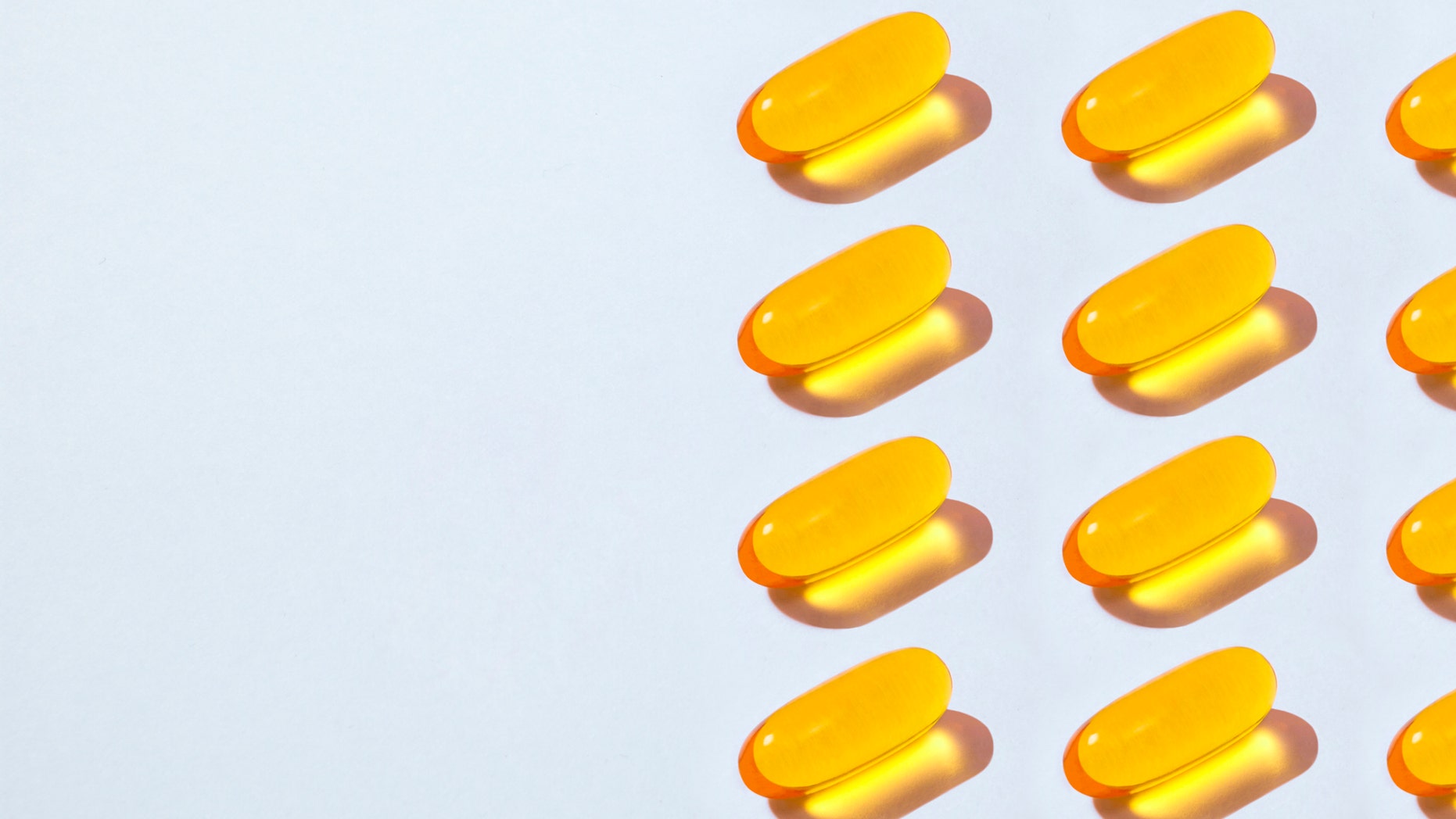
Fox News Flash top headlines are here. Check out what's clicking on Foxnews.com.
Taking vitamin D amid coronavirus: Doctors warn against 'megadoses' of the dietary supplement
by Madeline FarberGet all the latest news on coronavirus and more delivered daily to your inbox. Sign up here.
The ongoing coronavirus pandemic has some looking for ways to keep their immune systems in tip-top shape, and there’s evidence that vitamin D can help with exactly that. But taking too much of this dietary supplement can be dangerous, doctors warned in a paper published earlier this month in the British Medical Journal.
Medical professionals already know that vitamin D helps to strengthen bones, and the supplement has also been said to regulate cellular functions throughout the body. And in relation to the novel coronavirus, there are some trials underway to study the effectiveness of vitamin D on hospitalized COVID-19 patients, such as one in Spain.
To date, however, there are no clinical studies that show the effectiveness of vitamin D, or any other supplements or vitamins, to treat the coronavirus.
CLICK HERE FOR COMPLETE CORONAVIRUS COVERAGE
Though vitamin D is “essential for good health,” there is “no strong scientific evidence to show that very high intakes (i.e., mega supplements) of vitamin D will be beneficial in preventing or treating COVID-19,” doctors from the United Kingdom, the United States and Ireland wrote in the paper titled “Vitamin D and SARS-CoV-2 virus/ COVID-19 disease.”
“There are evidenced health risks with excessive vitamin D intakes, especially for those with other health issues such as a reduced kidney function,” they added.

Dr. John Whyte, the chief medical officer of the health care website WebMD, echoed the 21 doctors who wrote the paper.
“Just like everything else, taking too much of something is not a good thing. Vitamin D has lots of benefits, but taking too much vitamin D can also cause problems,” Whyte, who was not involved in the paper, told Fox News in an email.
“The biggest issue relates to calcium and its relationship to vitamin D. Too much vitamin D may result in too much calcium,” which could result in kidney stones, he explained.
VITAMIN D LEVELS MAY IMPACT COVID-19 MORTALITY RATES, STUDY CLAIMS
“More often, people develop abdominal discomfort or nausea when calcium gets too high. You might also feel like you’re thirsty a lot. Over the years, I’ve seen some patients develop constipation from taking too much vitamin D on a daily basis. It can also make you more tired and cause muscle and bone pain. Bone pain can be concerning because vitamin D plays an important role in bone health. Too much vitamin D can actually cause bone loss and that might make you more likely to develop a fracture,” he continued. “So I don’t recommend people take megadoses. Moderation is always a good thing.”
The news comes after a research team led by Northwestern University discovered a strong correlation between vitamin D deficiency and mortality rates from the coronavirus.
The researchers -- who analyzed data from hospitals and clinics across China, France, Germany, Italy, Iran, South Korea, Spain, Switzerland, the United Kingdom and the United States -- found that patients from countries with high COVID-19 mortality rates, such as Italy, Spain and the United Kingdom, had lower levels of vitamin D compared to patients in countries that were not as severely affected.
The researchers also found a strong correlation between vitamin D levels and cytokine storm, which is a hyperinflammatory condition caused by an overactive immune system.
"Cytokine storm can severely damage lungs and lead to acute respiratory distress syndrome and death in patients," Ali Daneshkhah, a postdoctoral research associate at Northwestern's McCormick School of Engineering, said in a statement. "This is what seems to kill a majority of COVID-19 patients, not the destruction of the lungs by the virus itself. It is the complications from the misdirected fire from the immune system."
However, not unlike what Whyte said and the authors of the paper published this month in the British Medical Journal, the scientists also cautioned against hoarding vitamin D supplements.
VITAMIN D AND THE CORONAVIRUS PANDEMIC: SHOULD YOU TAKE IT?
"While I think it is important for people to know that vitamin D deficiency might play a role in mortality, we don't need to push vitamin D on everybody," Northwestern's Vadim Backman, who led the research, said in a statement. "This needs further study, and I hope our work will stimulate interest in this area. The data also may illuminate the mechanism of mortality, which, if proven, could lead to new therapeutic targets."
Fox News's Christopher Carbone contributed to this article.